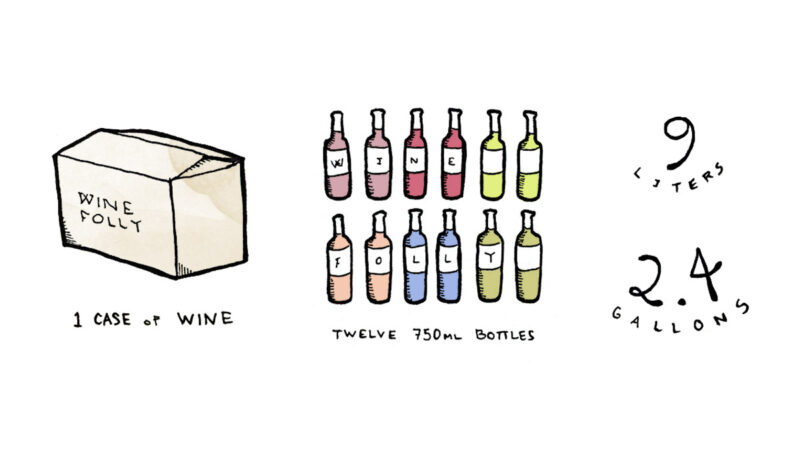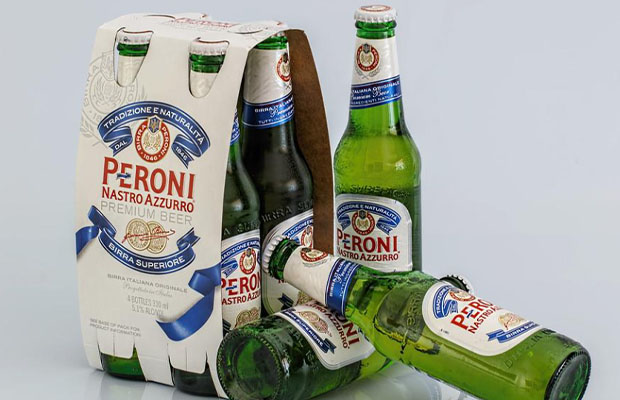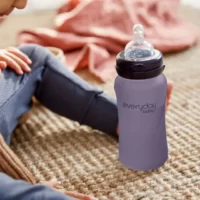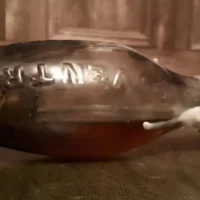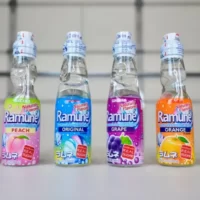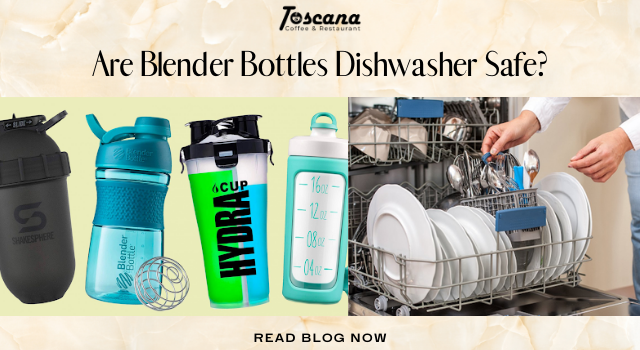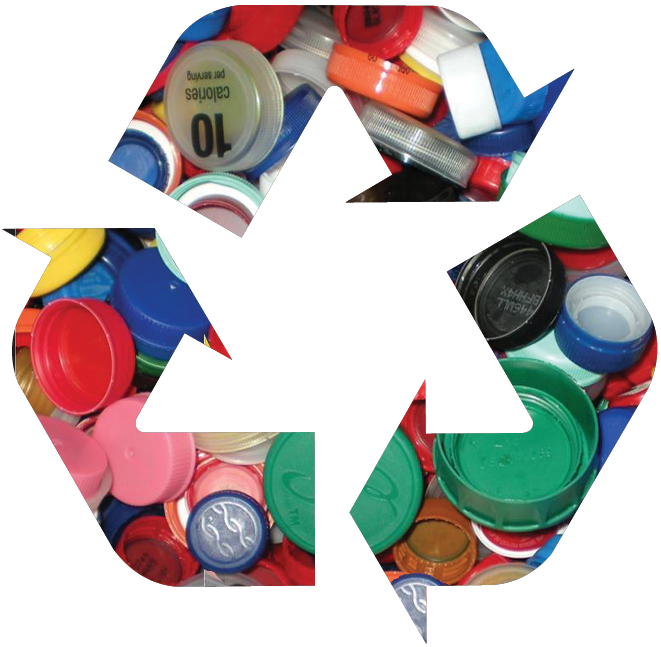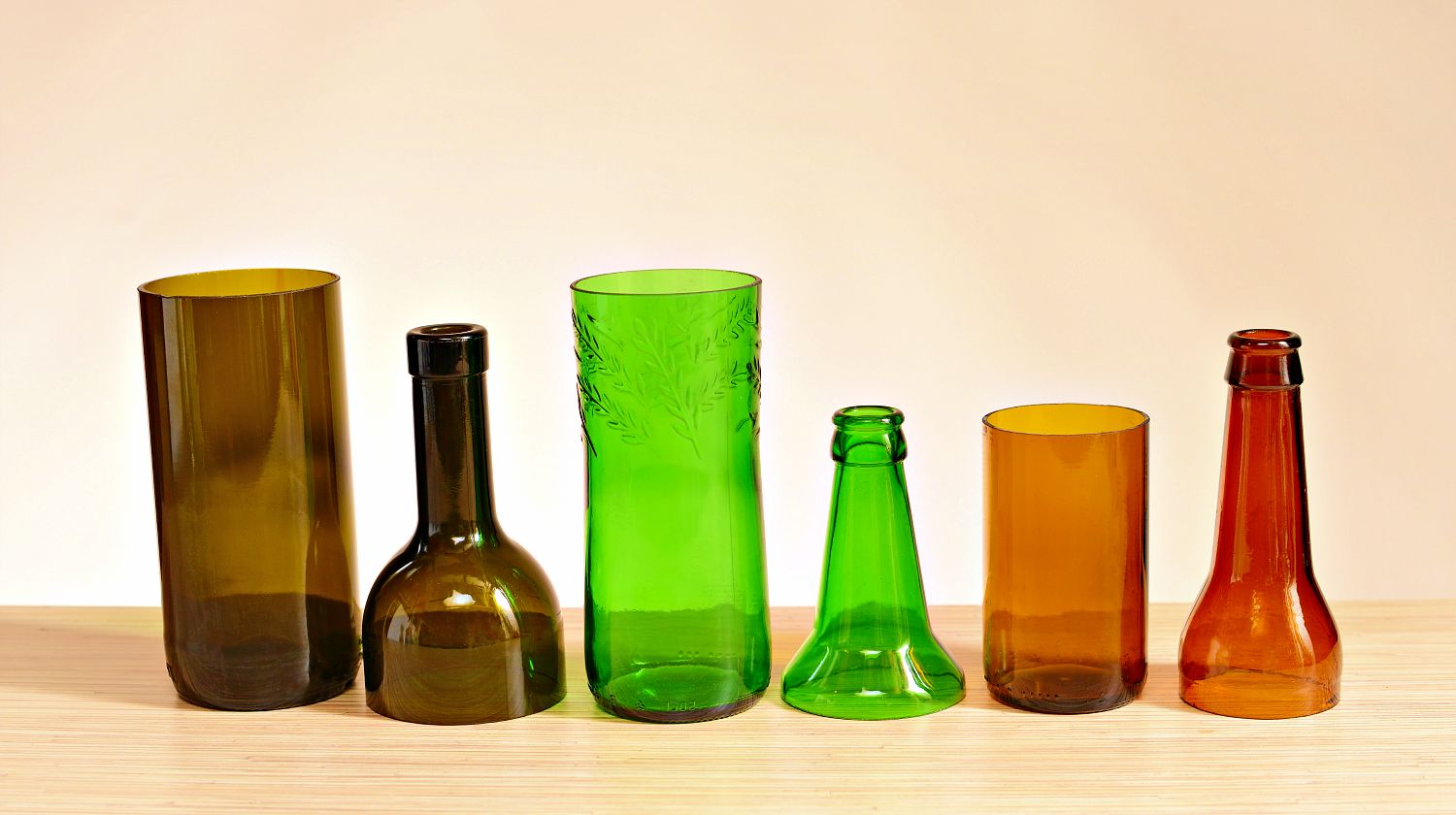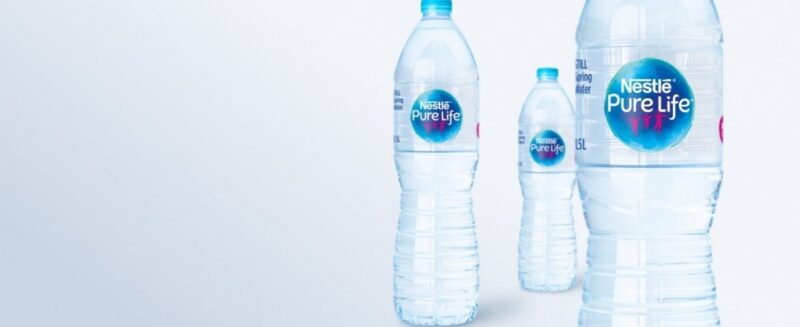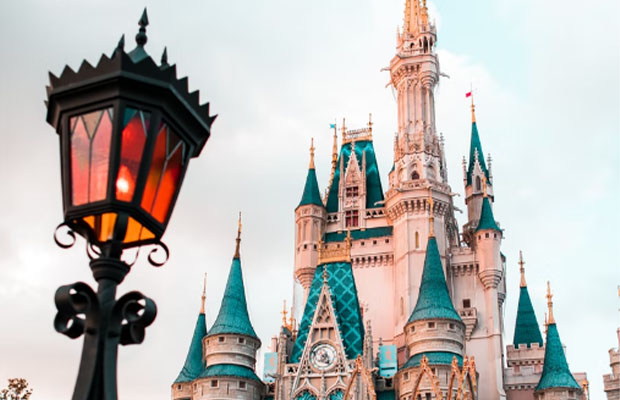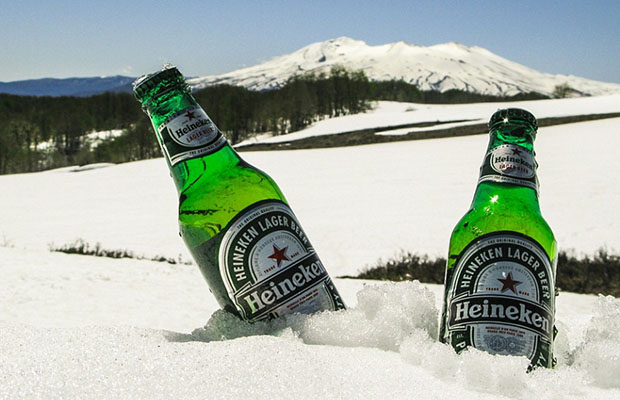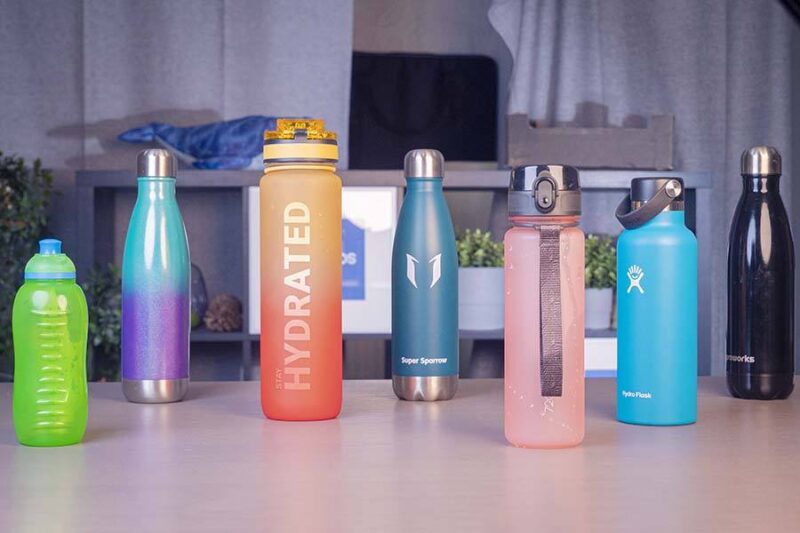Fluoride consumption is an often hotly debated topic. The water you drink every day may contain fluoride. Talk to anyone in the dental field and you’ll be convinced that you absolutely must drink fluoridated bottled water or you’ll lose all your teeth. So does bottled water contain fluoride? Is it good for your health?
Table of Contents
What Is Fluoride Water
What is dental fluorosis? This is a visible discoloration of the enamel. This is caused by excessive intake of fluoride. Fluoride in water can be traced back a hundred years to a small town in the mountains of Colorado. For generations, children born in that village had brown stains on their teeth, confusing everyone from the outside.
In 1910, after years of investigation by scientists and dentists, it was discovered that the stains were due to high levels of fluoride in their drinking water. While the brown stains don’t look good, the kids have little to no cavities.
Ultimately, experts have managed to reduce the fluoride content in the water to reduce tooth staining in the new generation, but the teeth are still resistant to cavities. Word spread across the country, ushering in an era of communities adding fluoride to drinking water.
Is There Fluoride In Bottled Water?
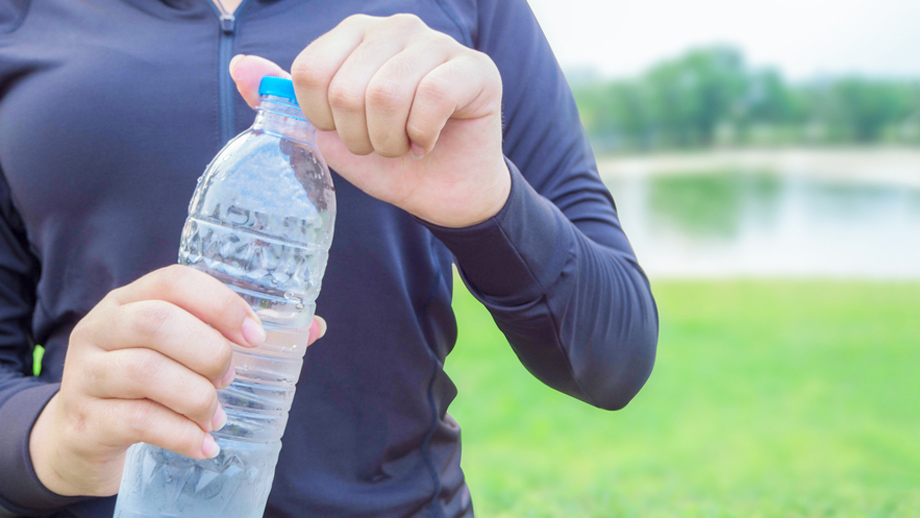
Some bottled waters do contain fluoride. Fluoride in bottled water is either naturally occurring or artificially added. Artificial fluoride additives are far more dangerous than natural fluoride additives. You should verify the source of the fluoride in your water with your supplier or label. The fluoride content of bottled water does vary. However, your supplier should know the details of their source.
The CDC recommends a maximum level of fluoride in municipal water. 7 mg/L. Cuyahoga County has 1 mg/L in tap water, slightly above the recommended level, according to a Cleveland municipal water source analysis. In contrast, distilled water has. 22 mg/L. Spring and mineral waters have the highest fluoride content. But, as you can see, the distilled water is well below the CDC’s maximum and tap water.
Fluoride Water in the Modern Era
In recent days, discussions abound about the negative health effects of fluoride in drinking water. In the U.S. alone, fluoridated water is consumed in large quantities in many forms, so a more in-depth study is needed to see if it actually poses a health risk.
Studies have shown that there is evidence that high concentrations of fluoride in water can be toxic. The harmful effects of fluoride can cause neurotoxicity in adults, impair learning and memory abilities, and adversely affect cognitive development in children.
Today, at least 70 percent of public drinking water in the United States contains fluoride, and children are most at risk. In fact, many children are overexposed to fluoride, which can lead to a dental disease called dental fluorosis.
Should You Only Drink Fluoride-Free Bottled Water?
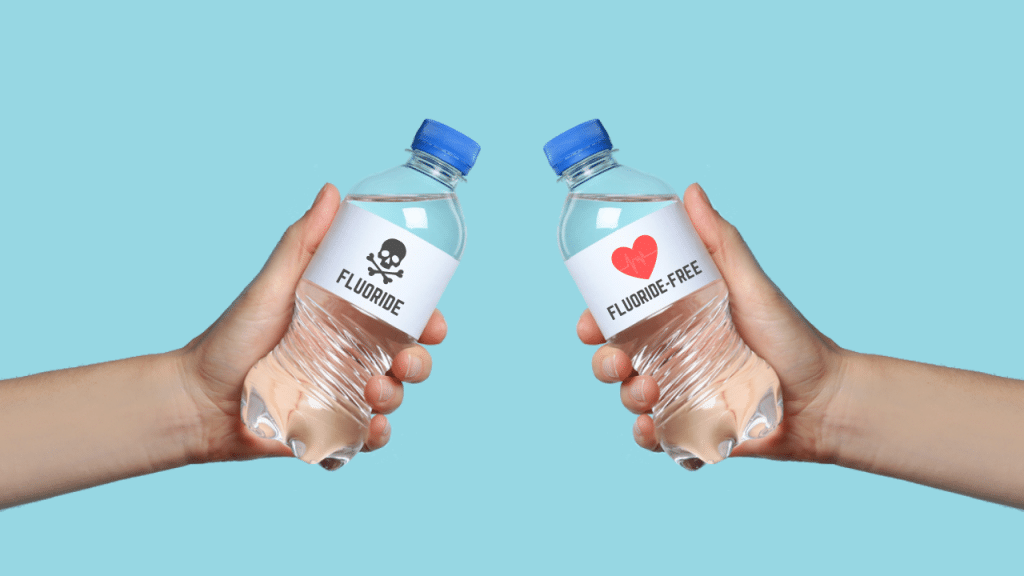
If you prefer fluoride-free bottled water, there are two options. Purified water does not contain fluoride. Purified water includes distilled water or reverses osmosis water. Check the label again to make sure no artificial fluoride has been added. The fluoride levels of our four different types of water are as follows:
Artesian spring water =22mg/L natural fluoride
Quality drinking water =15mg/L natural fluoride
Distilled water = none
reverse osmosis = none
Distilled water is treated with steam distillation, ozone oxidation, and UV light. The process removes 99% of contaminants, impurities, and dissolved solids. With distilled water, you can enjoy less than 1PPM total dissolved solids. The same applies to reverse osmosis water. However, it is treated with membrane filtration, ozone oxidation, and UV light.
Which Bottled Water Brands Contain Fluoride?
The drinking public needs to know which brands of water contain high levels of fluoride to protect themselves and their families from the health risks it poses. Unfortunately, bottled water companies do not label or state the amount of fluoride in their water.
Here is a list of some high-risk water bottle brands that contain fluoride:
- Arrowhead
- Ozarka
- Deer Park
- Crystal Rock
- Sierra Springs
- Zephyrhills
- Ice Mountain
- Crystal Springs
- Belmont Springs
- Poland Springs
- Mount Olympus
- Diamond Springs
Better Drinking Water Alternatives
Thankfully, there are much safer and better drinking water options available in the United States. Alkaline and hydrogen water are common and tend to be the drinking water of choice for more households. Some water ionizers, like the Tyent ionizer, produce water that is both alkalized and full of molecular hydrogen, so you can get the best of both worlds.
It is recommended to install a water ionizer at home as it will save you money in the long run. It’s also a more sustainable option because you don’t waste plastic bottles when you drink.
For example, the Tyent ionizer has a high-efficiency filtration system that can filter more than 200 pollutants. It’s also worth noting that the Tyent pre-filter removes trace amounts of fluoride from the water.
Tyne water is also more effective for the body’s hydration because the hydrogen molecules in it are more easily absorbed by cells.
Conclusion
Fluoride may be the main ingredient in toothpaste that keeps our teeth from developing cavities, but too much of the good stuff can also be bad for you. By limiting our intake of fluoridated water, or switching to healthier alternatives such as high-quality filtered ionized water or alkaline water, we can still reap the benefits of water without any long-term side effects.
Also Read:


